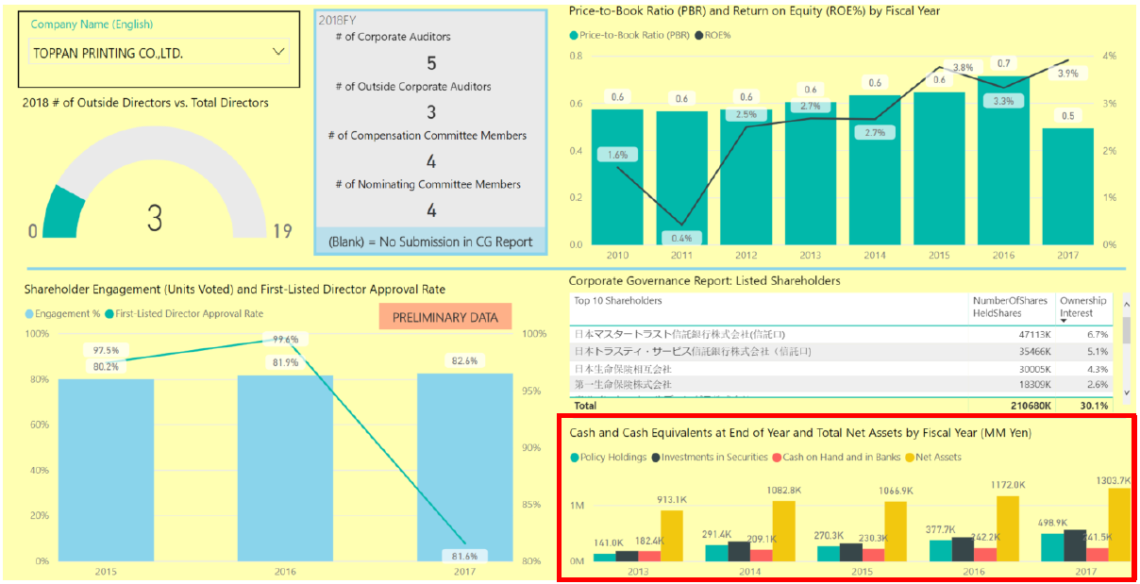My article on Japan’s unfinished reforms is online now. Lest the Abe administration and regulators “declare victory” when they are only half done, I describe seven specific measures that Japan needs to adopt in order to bring its market up to a global standard for a developed nation:
- Detailed rules for an independent committee
- A clear requirement for a majority of independent directors on the board
- Codifying the role and responsibilities of executive officers
- Consolidation of overlapping disclosure reports
- Protection of minority shareholder rights
- Enhancing transparency to reduce entrenchment and enhance inclusiveness
- Strengthening stewardship throughout the investment chain
I stress the reality that in all of these, strong political leadership from the Prime Minister and other senior parliamentarians will be needed. “Thus, is it essential that the Tokyo Stock Exchange (JPX/TSE) and the various regulatory agencies keep up reform momentum. However, one senses a desire from these groups to ‘declare victory’, and they have a tendency to not fully coordinate with each other. If Prime Minister Abe’s cabinet did more to make the key players coordinate their efforts in key areas, meaningful governance change (and protection of investors) would accelerate….







